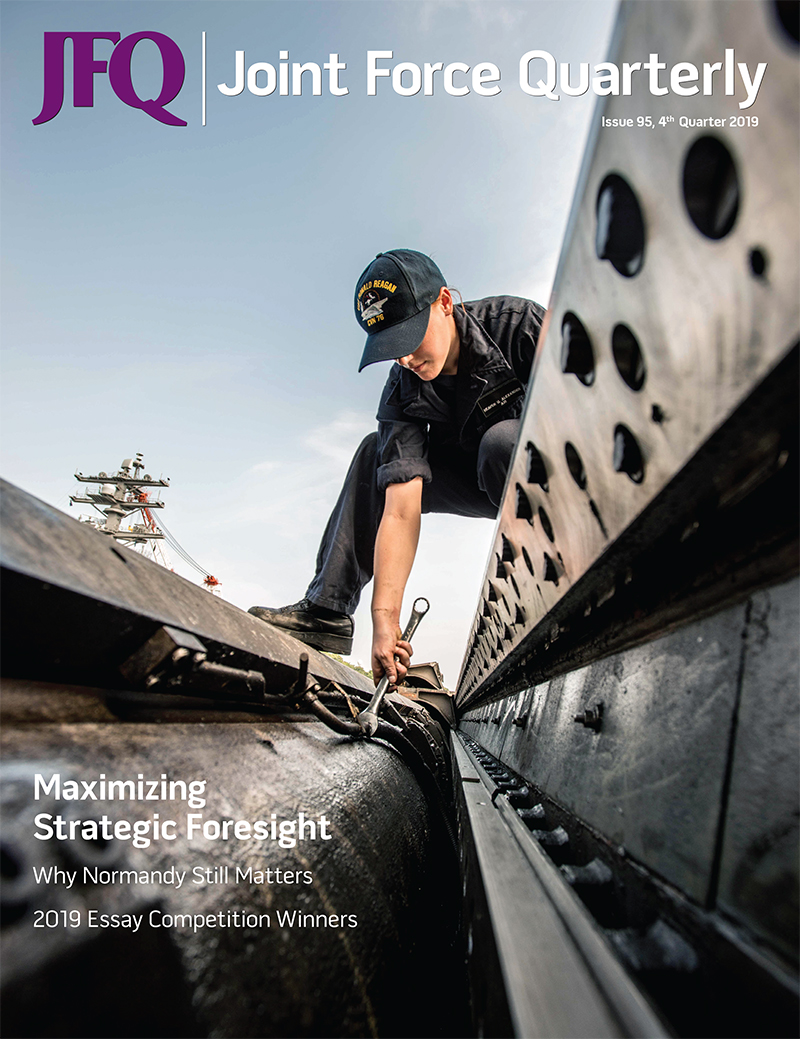 This year has been one of important anniversaries and one of change. Just this past weekend, the world marked the 100th year since the Armistice for World War I, the “war to end all wars,” was placed in effect. On that date, at the 11th hour of the 11th day of the 11th month, the bloodiest war up to that time ended. Or so the world had hoped. Just 25 years later, Allied forces would assault the beaches and skies above Normandy, France, in an unprecedented invasion to roll back the Nazi empire, which, along with Russian victories on the Eastern Front, would ultimately end that violent period in Western Europe. But that effort would eventually turn into the Cold War, a long struggle between U.S.-led Western powers and Soviet bloc countries.
This year has been one of important anniversaries and one of change. Just this past weekend, the world marked the 100th year since the Armistice for World War I, the “war to end all wars,” was placed in effect. On that date, at the 11th hour of the 11th day of the 11th month, the bloodiest war up to that time ended. Or so the world had hoped. Just 25 years later, Allied forces would assault the beaches and skies above Normandy, France, in an unprecedented invasion to roll back the Nazi empire, which, along with Russian victories on the Eastern Front, would ultimately end that violent period in Western Europe. But that effort would eventually turn into the Cold War, a long struggle between U.S.-led Western powers and Soviet bloc countries.
The 30th anniversary of the end of that conflict was marked this year, as the Berlin Wall ceased to function as a political and physical barrier between the German Democratic Republic (GDR) and West Germany on November 9, 1989, although official destruction of the wall did not begin until June 13, 1990. And the anniversaries where we can honor our fallen and celebrate those who survived continue to reverberate. Lest we forget. But what can we say we have learned from this seemingly endless cycle of struggle that results in war? One answer has been to improve how our troops fight together as part of a joint force. To do so, its leaders need to understand the past, both good and bad, and find ways to make our joint bonds strong enough to meet the challenges ahead, even those that may surprise us. Download Full PDF →
No comments:
Post a Comment